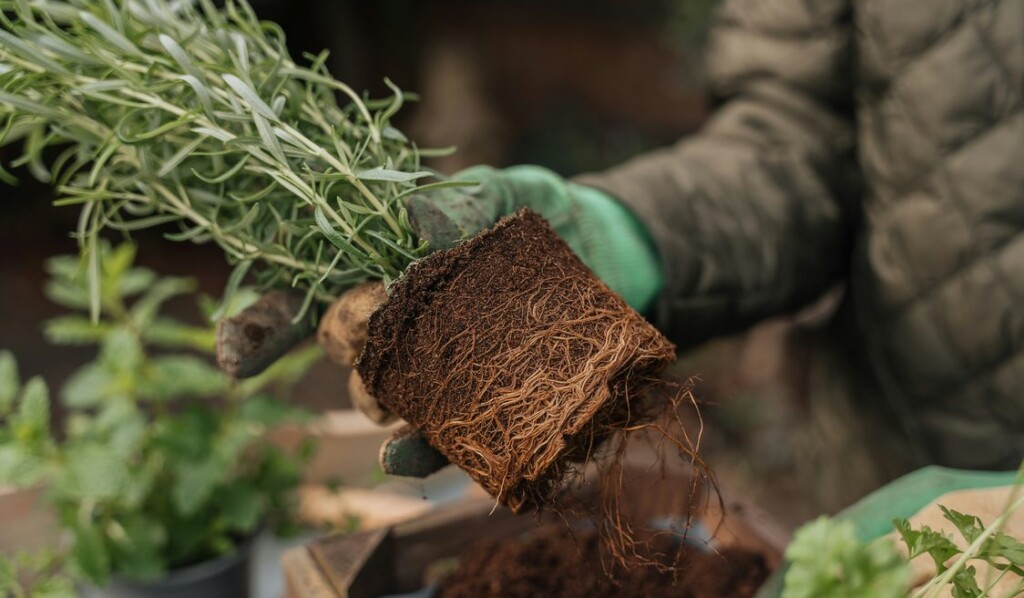Imagine a world where bacteria, typically feared for causing disease, are turned into powerful weapons against cancer. That’s exactly what some scientists are working on. And they are beginning to unravel the mechanisms for doing so, using genetically engineered bacteria to target and destroy cancer cells.
Using bacteria to fight cancer dates back to the 1860s when William B. Coley, often called the father of immunotherapy, injected bacteria called streptococci into a young patient with inoperable bone cancer. Surprisingly, this unconventional approach led to the tumour shrinking, marking one of the first examples of immunotherapy.
Over the next few decades, as head of the Bone Tumour Service at Memorial Hospital in New York, Coley injected over 1,000 cancer patients with bacteria or bacterial products. These products became known as Coley’s toxins.
Despite this early promise, progress in bacteria-based cancer therapies has been slow. The development of radiation therapy and chemotherapy overshadowed Coley’s work, and his approach faced scepticism from the medical community.
However, modern immunology has vindicated many of Coley’s principles, showing that some cancers are indeed very sensitive to an enhanced immune system, an approach we can often capture to treat patients.
How bacteria-based cancer therapies work
These therapies take advantage of the unique ability of certain bacteria to proliferate inside tumours. The low oxygen, acidic and dead tissue in the area around the cancer – the tumour “microenvironment” (an area I am especially interested in) – create an ideal niche for some bacteria to thrive. Once there, bacteria can, in theory, directly kill tumour cells or activate the body’s immune responses against the cancer. However, several difficulties have hindered the widespread adoption of this approach.
Safety concerns are paramount because introducing live bacteria into a patient’s body can cause harm. Researchers have had to carefully attenuate (weaken) bacterial strains to ensure they don’t damage healthy tissue. Additionally, controlling the bacteria’s behaviour within the tumour and preventing them from spreading to other parts of the body has been difficult.
Bacteria live inside us, known as the microbiome, and treatments, disease and, of course, new bacteria that are introduced can interfere with this natural environment. Another significant hurdle has been our incomplete understanding of how bacteria interact with the complex tumour microenvironment and the immune system.
Questions remain about how to optimise bacterial strains for maximum anti-tumour effects while minimising side-effects. We’re also not sure of the dose – and some approaches give one bacteria and others entire colonies and multiple bug species together.
Recent advances
Despite these challenges, recent advances in scientific fields, such as synthetic biology and genetic engineering, have breathed new life into the field. Scientists can now program bacteria with sophisticated functions, such as producing and delivering specific anti-cancer agents directly within tumours.
This targeted approach could overcome some limitations of traditional cancer treatments, including side-effects and the inability to reach deeper tumour tissues.
Emerging research suggests that bacteria-based therapies could be particularly promising for certain types of cancer. Solid tumours, especially those that have a poor blood supply and are resistant to conventional therapies, might benefit most from this approach.
Colon cancer, ovarian cancer and metastatic breast cancer are among the high-mortality cancers that researchers are targeting with these innovative therapies. One area we have the best evidence for is that “bug drugs” may help the body fight cancer by interacting with routinely used immunotherapy drugs.
Recent studies have shown encouraging results. For instance, researchers have engineered strains of E coli bacteria to deliver small tumour protein fragments to immune cells, effectively training them to recognise and attack cancer cells. In lab animals, this approach has led to tumour shrinkage and, sometimes, complete elimination.
By exploiting these mechanisms, bacterial therapies can selectively colonise tumours while largely sparing healthy tissues, potentially overcoming limitations of conventional cancer treatments.
Ultimately, we need human trials to give us the answer about whether this works, by controlling or eradicating cancer and, of course, if there are side-effects, its toxicity.
In one study I worked on, we showed that part of a bacterial cell wall, when injected into patients, could safely help control melanoma – the most deadly form of skin cancer.
While we’re still in the early stages, the potential of bacteria-based cancer therapies is becoming increasingly clear. As our understanding of tumour biology and bacterial engineering improves, we may be on the cusp of a new era in cancer treatment.
Bacterial-based cancer therapies take advantage of several unique mechanisms to specifically target tumour cells. As a result, these therapies could offer a powerful new tool in our arsenal against cancer, working in synergy with existing treatments like immunotherapy and chemotherapy. And, as we look to the future, bacteria-based cancer therapies represent a fascinating convergence of historical insight and groundbreaking science.
While challenges remain, the progress in this field offers hope for more effective, targeted treatments that could significantly improve outcomes for cancer patients.![]()
Justin Stebbing, Professor of Biomedical Sciences, Anglia Ruskin University
This article is republished from The Conversation under a Creative Commons license. Read the original article.

